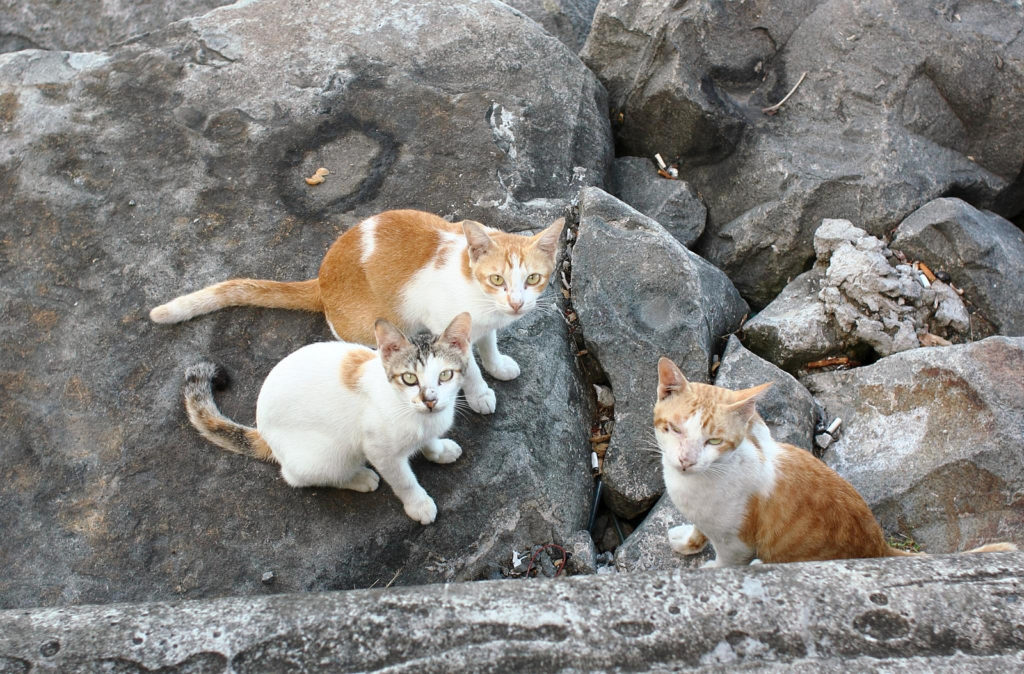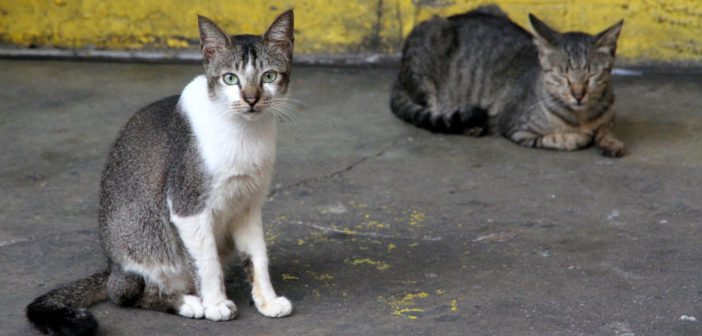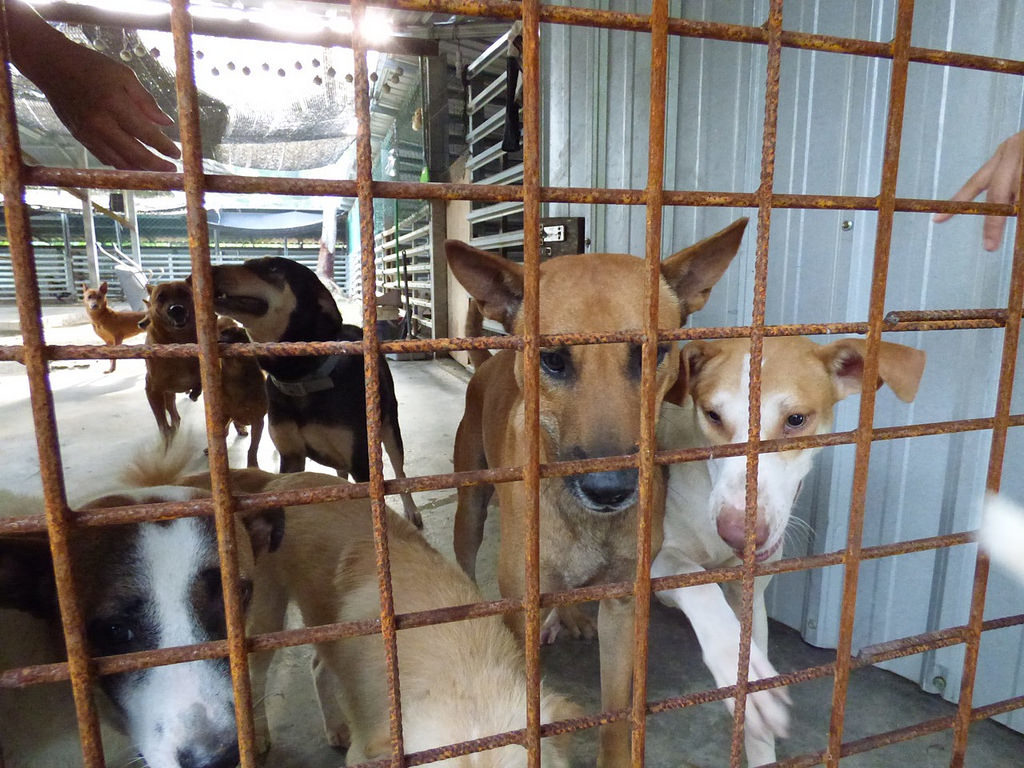Friends of the Earth Malaysia (FOEM) is shocked at the surge in cases of animal cruelty inflicted on companion animals in Malaysia. Statistics from Malaysia’s Department of Veterinary Services (DVS) revealed that dogs and cats were the most common victims in animal cruelty complaints. The last five years have shown a steady increase in documented cases of animal cruelty. In 2016, DVS received 463 cruelty complaints, which rose to 510 complaints in 2017, showing a 10% increase.
Regardless of the number of animal cruelty cases reported on in the media, most cases are never reported to the appropriate authorities. Animals suffer and die at the hands of their abusers and the culprits are never imprisoned for more than six months. Many even go unpunished because of a lack of evidence or a failure to follow up by law enforcement.
In 2017, the federal government of Malaysia announced the new Animal Welfare Act 2015 (Act 772), which states that anyone found guilty of animal cruelty can be fined a maximum of 100,000 ringgit [~24,000 U.S. dollars] and/or three years imprisonment. This sounds promising on paper, but how often are actions actually taken and perpetrators brought to court and charged? The answer is not nearly often enough. In one case, which illustrates the sad state of cruelty enforcement in Malaysia, a man recently shot arrows into a sick and blind Rottweiler named Brianna, claiming that he was protecting his children, and went unpunished.
Why are cases of animal abuse so prevalent in Malaysia? This lack of enforcement is a huge part of the answer. FOEM encourages the police and the DVS to take more interest in dealing with animal abuse cases, many of which are left to overburdened animal rights NGOs and animal shelters to handle.
In the latest two cases, a dog was brutally killed and eaten in the city of Shah Alam, and a pregnant cat was killed by two men who put her into a laundromat’s running dryer. There was also another incident of a Penang teen who kicked a kitten and was not charged with any crime. These actions are deliberately cruel to sentient beings, and are in obvious violation of the Animal Welfare Act. It is time for the courts to start dealing with animal cruelty as a crime and enforcing punishments.

Semi-feral cats in Malaysian Borneo. Image credit Stratman, CC BY-SA 3.0.
With the increase in occurrences of animal cruelty towards companion animals, it is important for abusers to face punitive sentences. In addition to punishing those individuals for their harmful actions, this would make a statement that the authorities recognize animal cruelty as a serious crime and ultimately deter others from deliberately harming animals.
Another issue of concern is the dog and cat meat trade. Increasing reports have surfaced of individuals selling dog and cat meat in the cities of Johor Baru and Selangor. In Shah Alam, some people openly consume dog and cat meat. While some may defend these practices of eating dogs and cats as local custom, FOEM believes that customs should never excuse or normalize animal abuse.
The reality is that live animal markets undermine our national interest and public safety and promote the illegal sourcing of animals, such as pet theft. Sick and diseased dogs and cats sold for meat are slaughtered using cruel and unhygienic techniques, posing a serious risk to both human health and animal welfare. FOEM calls on the Ministry of Agriculture and the DVS to outlaw the consumption of dog and cat meat in Malaysia.
Featured image: two cats in Penang, Malaysia. Image credit Maya-Anaïs Yataghène, CC BY-SA 3.0.






